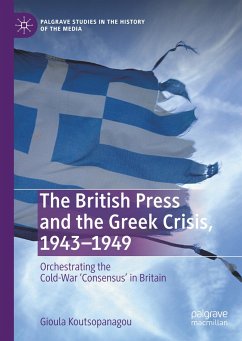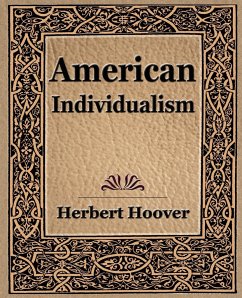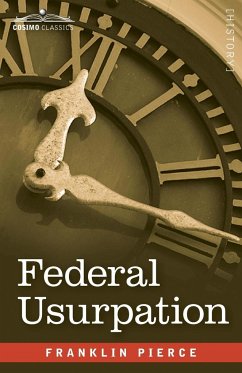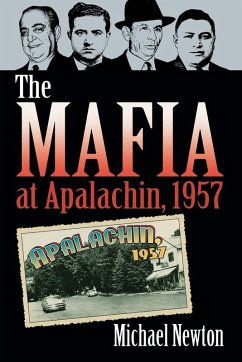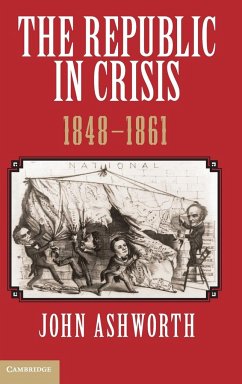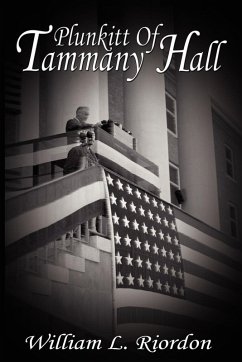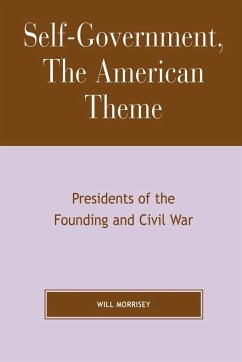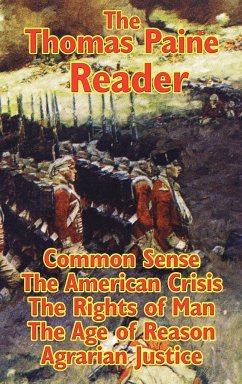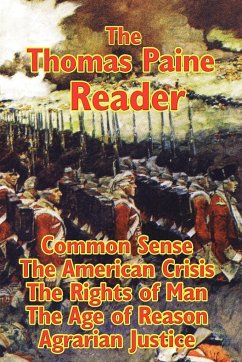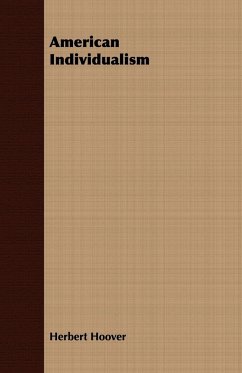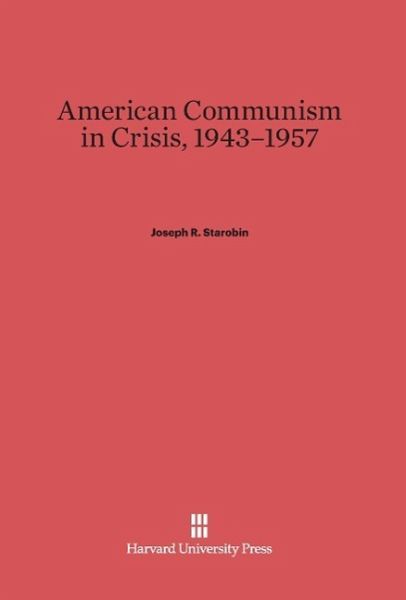
American Communism in Crisis, 1943-1957
Versandkostenfrei!
Versandfertig in 6-10 Tagen
60,00 €
inkl. MwSt.

PAYBACK Punkte
0 °P sammeln!
In 1943 the American Communist Party was a large, politically influential, broadly based movement. In 1957 it was a small, weak, and isolated political sect. The Party's decline in the intervening Cold War years is the subject of this book-an analysis of a major radical movement that touched millions of Americans and pervaded many aspects of American life.The author, at one time active in the Party and foreign editor of its paper, the Daily Worker, and now a scholar and professor of political science, has combined personal experience with careful scholarship to analyze what happened to a revol...
In 1943 the American Communist Party was a large, politically influential, broadly based movement. In 1957 it was a small, weak, and isolated political sect. The Party's decline in the intervening Cold War years is the subject of this book-an analysis of a major radical movement that touched millions of Americans and pervaded many aspects of American life.
The author, at one time active in the Party and foreign editor of its paper, the Daily Worker, and now a scholar and professor of political science, has combined personal experience with careful scholarship to analyze what happened to a revolutionary organization that found itself unable to make a revolution. His approach is not autobiographical, but rather analytical.
Mr. Starobin places the Party in its historical and political context and describes its unsuccessful efforts to adapt to the demands of the American political situation. Throughout the book are fresh interpretations of important events: the struggle in 1945 between Earl Browder and William Z. Foster for leadership of the Party, the outcome of which had a profound effect on the Party's future course; the nature of Browder's policies and Moscow's eventual rejection of him; the Henry Wallace movement of 1948; the right-left battle within the CIO in the late forties; the "Communist conspiracy" problem of the fifties; the Party's relationship with the Soviet Communists; the origins of the "Black liberation movement."
The author's basic conclusion is that American Communists were on their way to becoming an authentic and powerful radical movement in American life but were defeated by a basic contradiction: they could not continue to be part of a world movement dominated by Leninist concepts and yet consolidate their relative success within the United States, where these concepts were not applicable. To survive, the Party had to change. It had to anticipate by fifteen years and to endurethe two tendencies that would develop within world Communism: the Russian quasi-revolutionary strain and the Chinese ultra-revolutionary. It tried, Mr. Starobin shows, and it failed.
American Communism in Crisis, 1943-1957 will interest not only history-minded readers but also anyone concerned today with social change. The book has much to say to the new left-giving historical material necessary for an understanding of its past and its potential.
The author, at one time active in the Party and foreign editor of its paper, the Daily Worker, and now a scholar and professor of political science, has combined personal experience with careful scholarship to analyze what happened to a revolutionary organization that found itself unable to make a revolution. His approach is not autobiographical, but rather analytical.
Mr. Starobin places the Party in its historical and political context and describes its unsuccessful efforts to adapt to the demands of the American political situation. Throughout the book are fresh interpretations of important events: the struggle in 1945 between Earl Browder and William Z. Foster for leadership of the Party, the outcome of which had a profound effect on the Party's future course; the nature of Browder's policies and Moscow's eventual rejection of him; the Henry Wallace movement of 1948; the right-left battle within the CIO in the late forties; the "Communist conspiracy" problem of the fifties; the Party's relationship with the Soviet Communists; the origins of the "Black liberation movement."
The author's basic conclusion is that American Communists were on their way to becoming an authentic and powerful radical movement in American life but were defeated by a basic contradiction: they could not continue to be part of a world movement dominated by Leninist concepts and yet consolidate their relative success within the United States, where these concepts were not applicable. To survive, the Party had to change. It had to anticipate by fifteen years and to endurethe two tendencies that would develop within world Communism: the Russian quasi-revolutionary strain and the Chinese ultra-revolutionary. It tried, Mr. Starobin shows, and it failed.
American Communism in Crisis, 1943-1957 will interest not only history-minded readers but also anyone concerned today with social change. The book has much to say to the new left-giving historical material necessary for an understanding of its past and its potential.



